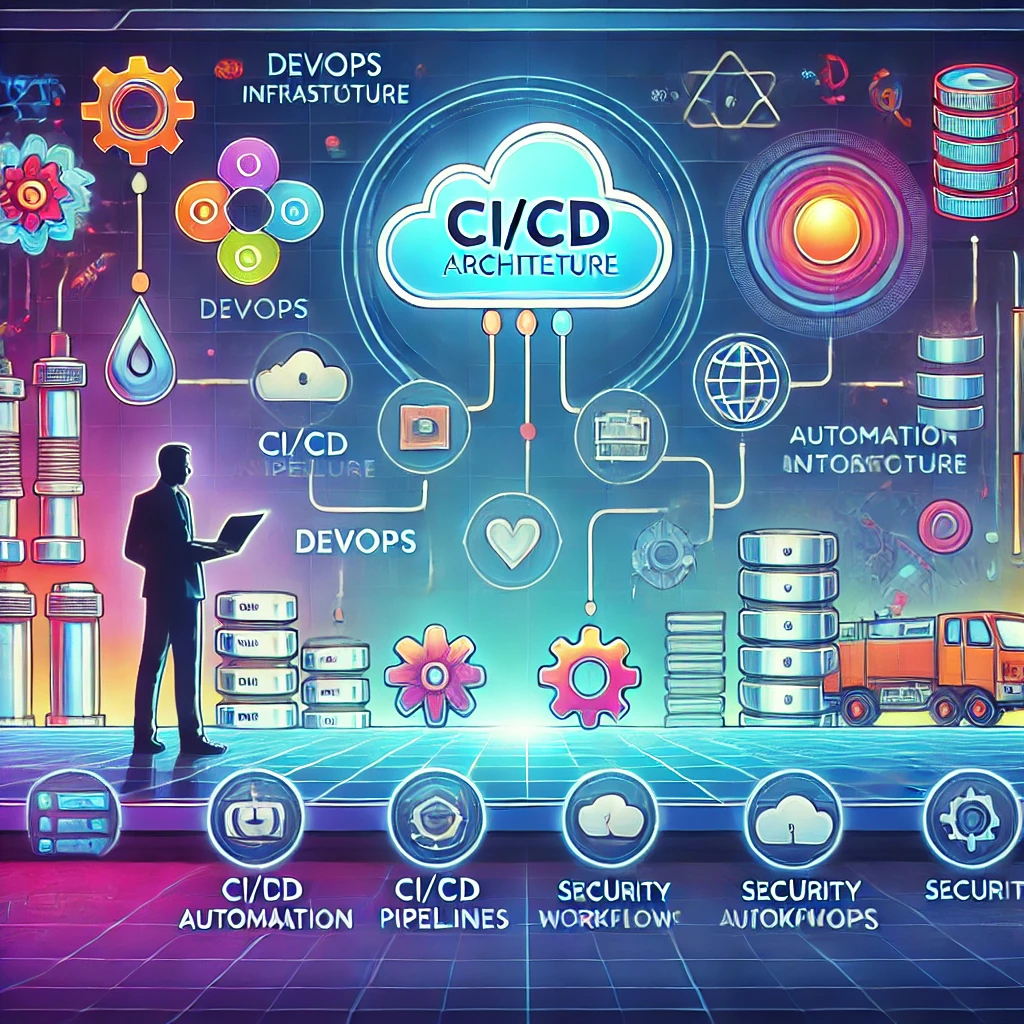7 March 2025
PulseTech Innovation Center

A DevOps Architect is responsible for creating a seamless DevOps ecosystem that integrates development, operations, and security. Their role is not just about automation but also about building a scalable and resilient infrastructure that supports continuous innovation.
Key Responsibilities of a DevOps Architect:
✅ Designing Scalable Cloud Architectures – Ensuring efficient and cost-effective cloud infrastructure using AWS, Azure, or Google Cloud.
✅ Implementing CI/CD Pipelines – Automating software development workflows for rapid and reliable deployments.
✅ Enhancing Security & Compliance – Integrating DevSecOps principles to safeguard applications and infrastructure.
✅ Optimizing Cloud & On-Prem Environments – Managing hybrid environments for seamless operations and scalability.
✅ Driving DevOps Culture – Encouraging collaboration between development, operations, and security teams to improve efficiency.
Why Businesses Need a DevOps Architect
A well-structured DevOps architecture brings several benefits, including:
🚀 Faster Software Delivery – Automated pipelines reduce manual effort and accelerate time to market.
🔒 Enhanced Security – Integrated security practices ensure compliance with industry standards.
⚡ Improved System Reliability – Scalable infrastructure minimizes downtime and enhances performance.
💡 Cost Optimization – Smart cloud strategies reduce infrastructure costs while maintaining high availability.
With businesses across the globe rapidly transitioning to cloud-native and containerized applications, a DevOps Architect is essential for ensuring seamless scalability, automation, and operational excellence.
At PulseTech Consultancy, we specialize in connecting businesses with top-tier DevOps Architects who design cutting-edge software delivery solutions. Whether you’re building a new DevOps strategy or optimizing an existing one, we provide the right expertise to help you succeed.

